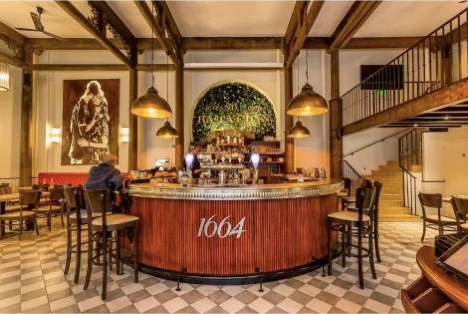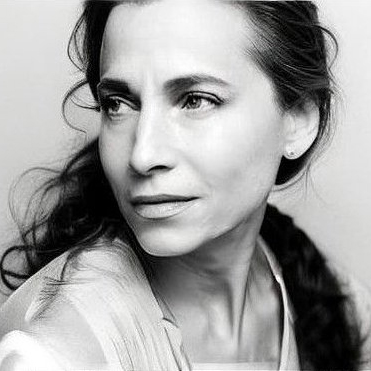
Editors Note: For this next phase of The Self Reliance Project, we will share earlier essays that speak in some way to this moment—in this case, rethinking space and safety in the aftermath of crisis. This essay was originally published in November, 2015, with the title Our Bataclan, Ourselves.
Two years ago next week, I drove my husband to the hospital and he never came home. The scene that day was disturbing and unforgettable: my handsome husband, entering what appeared to be the inevitable and final phase of a long illness, slumped over in a wheelchair in a waiting room overrun by college students who appeared, from my admittedly non-clinical (but probably pretty accurate) perspective, to be just ridiculously hammered.
It was the day of the Harvard-Yale game here in New Haven, a crisp, bright autumn day. This weather, this time of year—all of it a visual trigger for me still, an emotional trigger—because this is how we remember: with our eyes first, and then with our hearts.
Visual memories sear themselves into the unconscious, bearing down and not letting go. For me, a sunny and cold football day is, even now, a laceration to the senses.
My husband died four days before Christmas, on the winter solstice—the shortest and darkest day of the year—a quiet and elegant movie star death. (The invasive treatments took so much from him, but never stole his hair.) My memories of this remain, as ever, visual and palpable, emotional and enduring.
But life goes on, and with it comes the occasional opportunity to reaffirm our own odysseys.
So when, after he died, a friend invited me to come teach in Paris for a few months, I leapt at the prospect of resetting my coordinates in the city where I had spent my childhood.
Soon, I found a perfect apartment for my daughter and myself, tucked away on a quiet alley in the 11th arrondisement, with a big skylight, a quiet garden, a big wall for my studio. My father, protective and concerned, fretted openly. Would it be safe, he wondered, when Fiona came home late at night? Would we be safe? It was more than safe, I reassured him. Our front door faced the back door of a large concert hall—The Bataclan—and there were bright lights (and big bouncers) to watch over us as we came and went.
The Bataclan soon came to be our safe place. Sleep-deprived friends arriving from the US would be unlikely to find our little street in a taxi, so we’d rendezvous at the Bataclan café for coffee and croissants. The seats were roomy. The wine list was solid. The duck salad was, quite frankly, out of this world.
And now I am wondering what world, exactly, I was inhabiting—and what it is that we think of when we picture safety—how profoundly personal, even idiosyncratic it is as a cultural conceit, a religious truth, a racial or political reality? My students at Yale have felt their safety challenged, and whether or not you agree with them—indeed, with the very premise upon which their safety-challenged argument rests—we are all of us entitled to our own version of what constitutes a safe place.
Mine was the Bataclan—a word that will forever come to represent the loss of innocent lives, a scene of horrific carnage, a world as far from safety as it is possible to imagine. Yes, we will always have Paris. But regrettably, not the Paris we once had.

